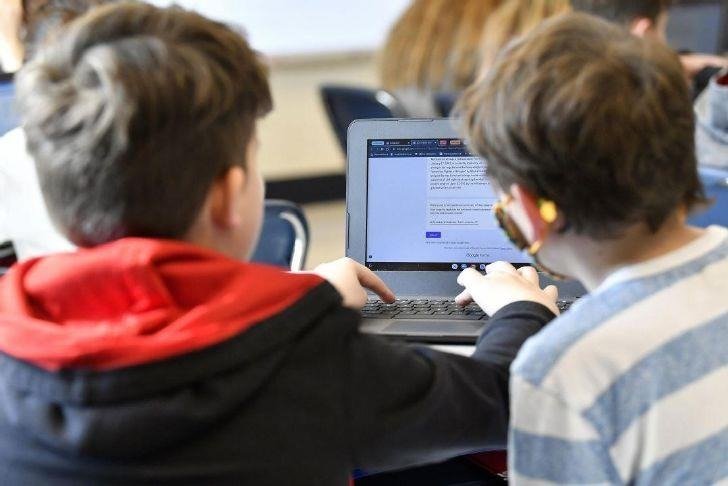Highlights
What to Know About the Kids Online Safety Act

Source: https://sanduskyregister.com/
A new bipartisan bill aims to protect children from the dangers of social media, gaming sites, and other online platforms, marking the first such legislation since 1998. While it has garnered sufficient bipartisan support, its passage remains uncertain, with supporters hopeful for a vote later this month.
Key Highlight:
- The Kids Online Safety Act (KOSA), if enacted, would establish a “duty of care” requiring online platforms used by minors to take reasonable steps to prevent various harms. These include bullying, violence, promotion of suicide, eating disorders, substance abuse, sexual exploitation, and advertisements for illegal products. Social media platforms would need to offer minors options to protect their information, disable addictive features, opt out of personalized recommendations, and limit communication from other users. The bill aims to mandate safer default settings for accounts believed to belong to minors, addressing concerns raised by advocates like Josh Golin from Fairplay about deliberate design choices leading to harm online.
- The original version of KOSA allowed state attorneys general to enforce its “duty of care” provision, but this was revised due to concerns from LGBTQ groups and others fearing potential censorship of LGBTQ and reproductive information. In the updated bill, state attorneys general retain enforcement powers for other provisions but not for the “duty of care” standard. The Federal Trade Commission would oversee broader enforcement, determining what content is deemed harmful to children under the legislation.
- KOSA has garnered support from various nonprofits, tech accountability groups, parent organizations, pediatricians such as the American Academy of Pediatrics, and advocacy entities like Common Sense Media, Fairplay, The Real Facebook Oversight Board, and the NAACP. Several major tech companies including Microsoft, X, and Snap have endorsed the bill, though Meta Platforms (Facebook, Instagram, WhatsApp) has not taken a clear stance. ParentsSOS, representing parents affected by social media-related harm, strongly advocates for KOSA, emphasizing the need for industry regulation to protect children online, citing incidents like Julianna Arnold’s daughter’s death from tainted drugs purchased through Instagram.
- Opponents like the ACLU and the Electronic Frontier Foundation argue that KOSA raises First Amendment concerns, criticizing it as potentially unconstitutional censorship. Despite revisions excluding state attorneys general from enforcing the duty of care provision, the EFF remains wary, fearing it could empower officials to target online content they dislike. Kate Ruane from the Center for Democracy and Technology expresses ongoing concerns that politically motivated actors might misuse KOSA to suppress information on LGBTQ issues and other divisive topics under the guise of protecting children’s mental health. Senator Rand Paul has also voiced opposition, arguing that KOSA could restrict minors from viewing events like PGA golf or the Super Bowl on social media due to advertisements for gambling and alcohol, which are permissible on TV. He suggests the bill needs significant amendments and urges Senator Schumer to advance it to the Senate floor for debate and revisions.
- Josh Golin expresses optimism that the Kids Online Safety Act (KOSA) will be voted on in July, despite acknowledging the challenges of passing legislation, especially when dealing with one of the world’s most influential industries. He believes there is a strong likelihood of the bill passing, remaining hopeful about its prospects. Senate Majority Leader Schumer, who supports KOSA, has not scheduled a vote yet due to objections. He has identified passing the bill as a top priority and criticized colleagues for blocking it without proposing constructive revisions.
Read More: https://ohio.childreninfobank.com/safebank/what-to-know-about-the-kids-online-safety-act/
Image Source: https://sanduskyregister.com/




